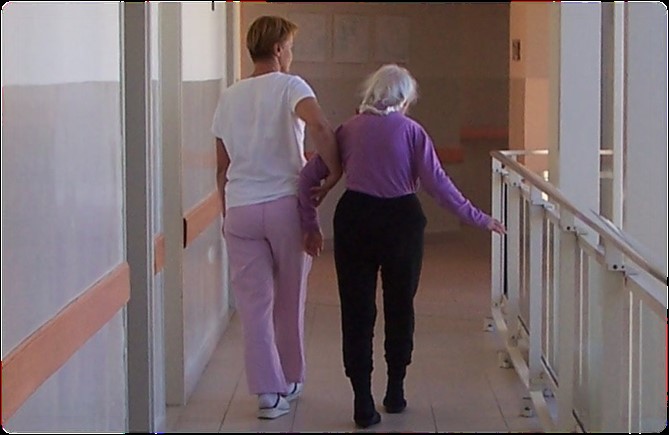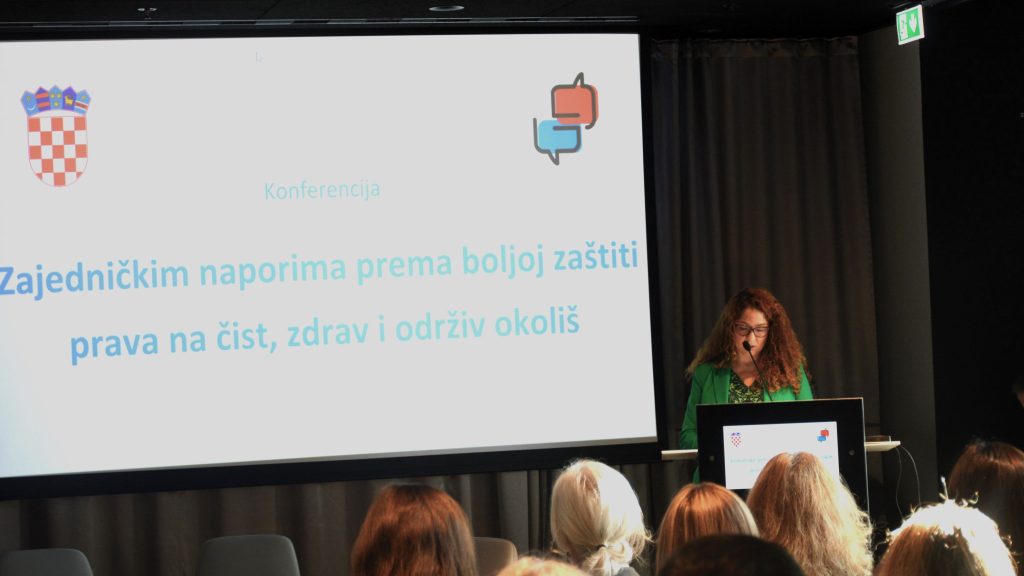Ombudswoman Tena Šimonović Einwalter is preparing a special report on the state of human rights and discrimination against older persons, which will be submitted to the Croatian Parliament in the upcoming period. The goal is to raise awareness of the human rights of older persons in Croatia, to direct the competent authorities towards their stronger protection, and to encourage more public discourse on the rights of older persons.
The International Day of Older Persons (1 October), which is currently being marked, presents a welcome opportunity to draw public attention to the various issues older persons face. It is crucial to address these topics year-round, particularly given the data showing that one in three older persons in Croatia lives at risk of poverty, and that this applies to every second older person living alone.
A particular value of the report lies in the fact that it will be discussed by the Croatian Parliament, offering an opportunity to dedicate significant attention to the numerous challenges faced by older persons, as well as to recommendations for addressing them.
Although the human rights and discrimination against older persons have been covered in previous reports of the Ombudswoman — both in regular annual reports and in the special report on the impact of the COVID-19 pandemic on human rights and equality — this will be the first time that a report submitted to the Croatian Parliament will be dedicated exclusively to the human rights of older persons.
The special report will provide an overview of the issues older persons face and recommendations for strengthening their human rights in relation to various topics: poverty, the right to healthcare, pensions, residential care homes, violence against older persons, misuse of life-long support contracts, palliative care, as well as stereotypes, prejudice and discrimination against older persons, and their position in the labour market.
The report will be based on years of work aimed at strengthening the protection of the rights of older persons. This includes handling complaints, analysing relevant research and data from public authorities requested by the Ombudswoman for the purpose of preparing the report, as well as participation in international activities on this topic.
In addition, this report will be unique in that the topic of the rights of older persons will be addressed through nearly all the mandates the institution has acquired over its 30 years of existence:
- the ombudsman mandate (in terms of protection from improper and unlawful actions by public authorities)
- the national human rights institution mandate
- the mandate as the central body for combating discrimination
- and the mandate of the National Preventive Mechanism for the prevention of torture and other cruel, inhuman or degrading treatment or punishment.
This report also represents an additional step forward, as reporting on the rights of older persons is not regulated by the international legal framework in the same way as reporting on some other groups or topics, such as the rights of persons with disabilities, children’s rights, discrimination against women, or racial discrimination, within the framework of the United Nations.
In this context, the Ombudswoman also advocates for the adoption of a UN convention on the protection of the rights of older persons, which would introduce a mechanism requiring Member States to report regularly on the state of human rights and equality of older persons.
It is worth recalling that the International Day of Older Persons was established by the United Nations to encourage dialogue on topics concerning older persons, including their human rights, and to highlight their contribution to the development of societies.
More information on the rights of older persons can be found in:
- the chapter “Rights of Older Persons” in the Ombudswoman’s 2022 Annual Report
- the chapter “Age-based Discrimination” in the Ombudswoman’s 2022 Annual Report
- the manual “Respect My Rights” on human rights in residential care homes for older persons.





